Every successful company at some point in its development needs to capitalize on its growth opportunities by diversifying and expanding its operations.
The way to achieve this expansion is through the acquisition of another company, business unit or branch. However, before proceeding with an acquisition it is crucial for a company to ensure that it is making a sound investment.
This is done by conducting a thorough analysis of the target company, known as due diligence. A due diligence investigation includes an audit of the target company’s financial records, as well as an examination of all other aspects of its operations that are relevant to the acquisition.
The purpose of this investigation is to provide insight into the target company’s existing and potential obligations, as well as to reveal any risks related to the transaction. Additionally, a due diligence process includes forecasts and considers a company’s future operations and opportunities.
Another important aspect of due diligence is the examination of the target company’s tax position. This may be done as part of the overall financial due diligence process or it may be treated as a separate assignment. Tax issues can have a significant impact on the successful completion of an acquisition, so it’s essential to thoroughly investigate them.

In summary, the key components of a due diligence process include:
FINANCIAL
Examination of a company's financial statements to determine if they provide a true and fair presentation of the company's operations, including forecasts and consideration of future operations and opportunities.
TAX
Analysis of the company's tax accounting system, level of compliance with existing tax legislation, potential for tax optimization, present and future tax disputes, evaluation of tax consequences of concluded contracts, and nature of transactions with related parties and transfer pricing.
LEGAL
Collection and assessment of all legal documents related to the target company, including articles of incorporation and bylaws, shareholders structure and management board, existing contracts, possible lawsuits, properties, warranties, loans, leases, grants, intellectual property and ESG (Environmental, Social and Governance).
LABOR
Review of the company's compliance with labor requirements, including employee contracts, salary and benefits, level of compliance with existing labor legislation and social security, and potential for staff cost optimization.


